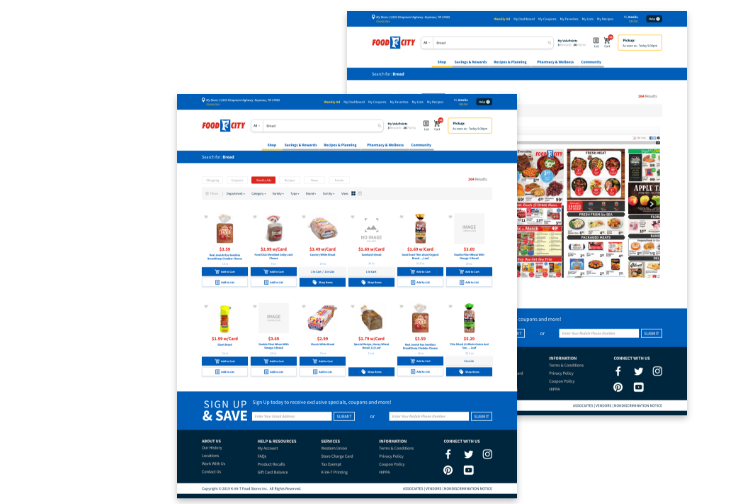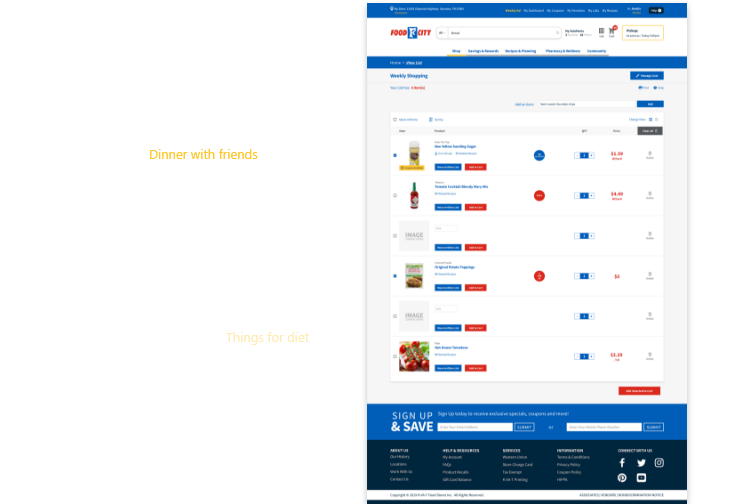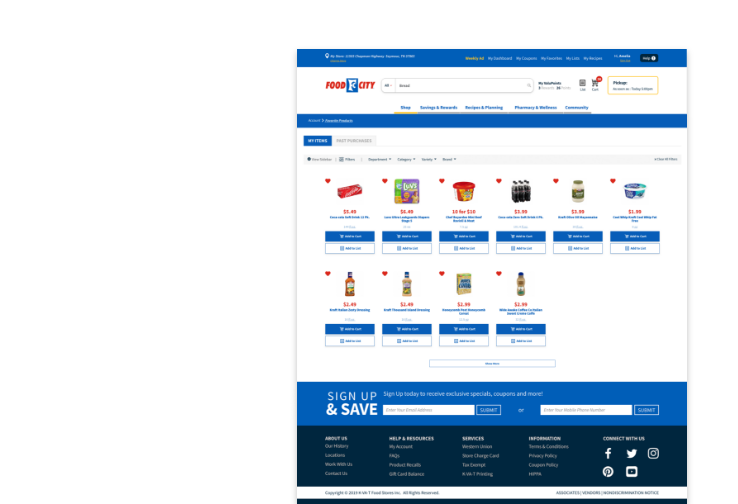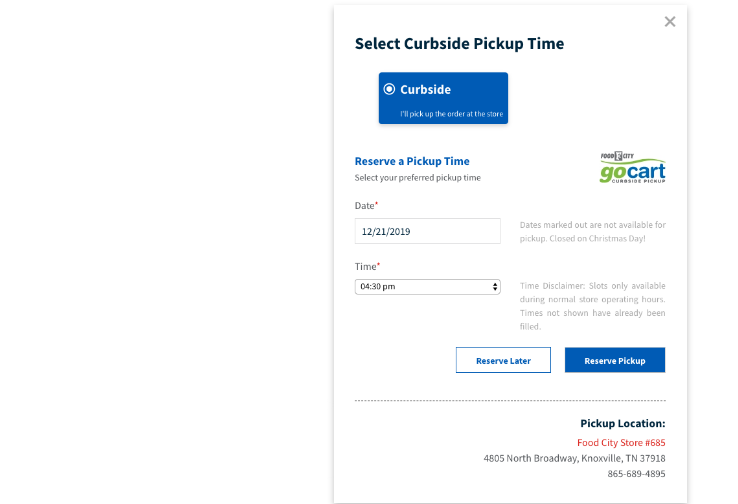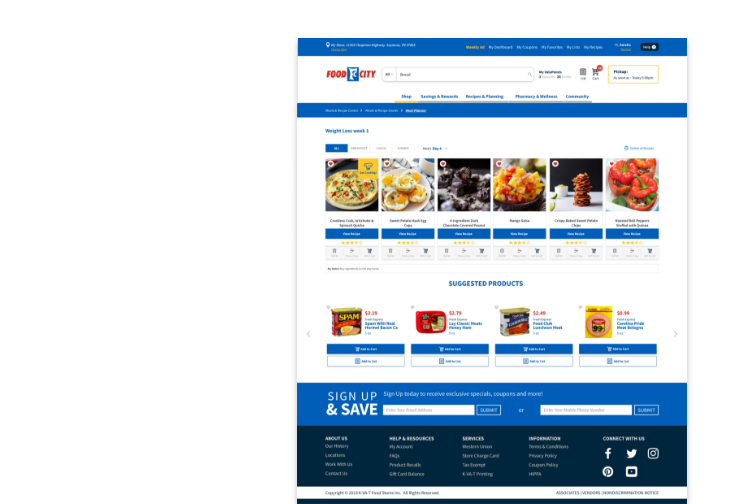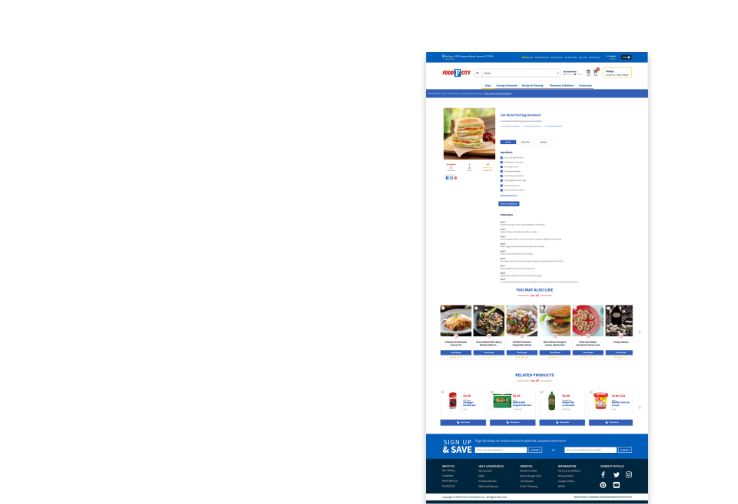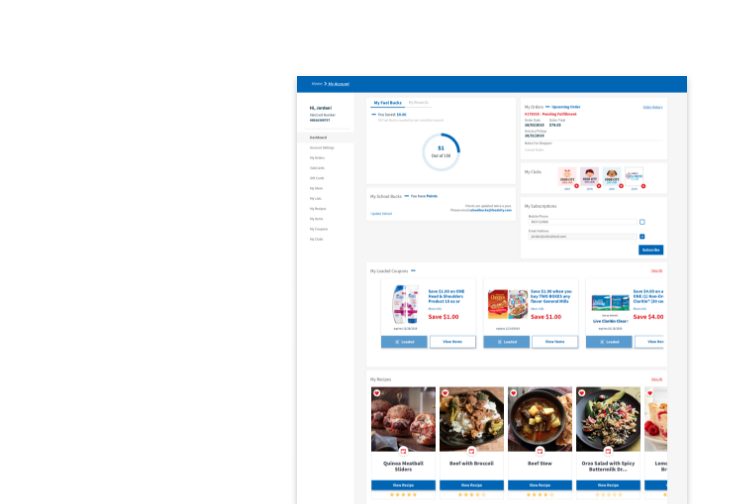
Wellness Club — Suffering from Seasonal Allergies?
Abingdon, VA. -
Wednesday, May 1, 2019.
by Rebecca Webb, PharmD Pharmacy Clinical Services Manager, K-VA-T Food Stores
Do you suffer from seasonal allergies? If so, you are far from being alone. Seasonal allergies, also known as hay fever or allergic rhinitis, affect millions of individuals in the United States every year. Seasonal allergies occur when the body’s immune system overreacts to allergens in the environment. One common allergen is pollen produced by plants such as trees, grass, and weeds. Pollination of an area can depend upon the time of year, location, and weather. Other year-round allergens include dust mites, animal dander, and mold. An individual may experience allergy symptoms immediately after exposure to an allergen and symptoms can continue as long as there is exposure to that allergen. These symptoms can include:
• Sneezing
• Runny nose
• Nasal congestion
• Postnasal drip
• Itchy, watery, or red eyes
• Dark circles under the eyes
• Itchy nose, throat, or roof of mouth
• Cough
• Fatigue
Seasonal allergies can make you feel miserable, affect your daily functioning, and cause you to be less productive. However, for many people, it is possible to manage symptoms of seasonal allergies by avoiding the offending allergens and taking over-the-counter or prescription medications. Strategies for limiting exposure to allergens include the following:
• Stay indoors on dry, windy days when pollen counts are high.
• Steer clear of yard work that stirs up pollen. This can include lawn mowing, weeding, planting, and raking leaves.
• If you need to work outside, opt to wear a pollen or dust mask.
• After being outside, it is best to remove and wash clothing. It is also an ideal time to shower in order to rinse hair and skin of allergens.
• Avoid hanging your laundry outside, where it can pick up allergens.
• Keep doors and windows closed, especially when pollen counts are elevated.
• Refrain from outside activities early in the morning when pollen counts are the highest.
• Avoid driving with vehicle windows down. Opt to use air conditioning, if possible.
• Use a high-efficiency particulate air (HEPA) filter in your home.
• Have a dehumidifier in your home to keep indoor air dry and decrease mold growth.
• Remember to check your local pollen forecasts to stay up-to-date on current pollen levels.
Completely eliminating your exposure to allergens is near impossible. Fortunately, there are several categories of non-prescription medications that can be used for symptom relief. Also, certain medications can be taken before you are exposed to allergens to prevent symptoms before they begin. Over-the-counter medications used for seasonal allergies include the following:
• Oral antihistamines. These medications relieve symptoms of itching, sneezing, runny nose, and watery eyes. Examples include loratadine (Claritin®, Alavert®), cetirizine (Zyrtec® Allergy), fexofenadine (Allegra® Allergy), and levocetirizine (Xyzal® Allergy 24HR).
• Decongestants. These medications should be used on a short-term basis and temporarily relieve symptoms of nasal congestion. Decongestants can increase blood pressure and, therefore, should be used with caution in patients with hypertension. Oral decongestant products include pseudoephedrine (Sudafed®). Decongestant nasal spray products include oxymetazoline (Afrin®) and phenylephrine (Neo-Synephrine®). Decongestant nasal sprays should not be used for more than two or three days at a time, due to the risk of rebound congestion and worsening of symptoms with prolonged use.
• Combination products. Many individuals get the best relief from a combination of allergy medications. Some combinations include an antihistamine with a decongestant. Examples of this include loratadine and pseudoephedrine (Claritin-D®) and fexofenadine and pseudoephedrine (Allegra-D®).
• Nasal Steroids (nasal sprays). These medications relieve symptoms of nasal congestion, sneezing, runny nose, and itchy nose and eyes. Examples include fluticasone (Flonase®) and triamcinolone (Nasacort® Allergy 24HR).
• Cromolyn sodium (NasalCrom®). This nasal spray medication prevents and relieves symptoms of runny nose, itchy nose, sneezing, and allergic stuffy nose.
Talk with your primary care provider about options for prescription medications used for seasonal allergies.
Not every medication is right for everyone. Always review package information for directions and safety prior to taking any medication. Certain medications have the potential for side effects and interactions.
Talk with your local Food City pharmacist about managing seasonal allergies and finding the best option for your needs.

